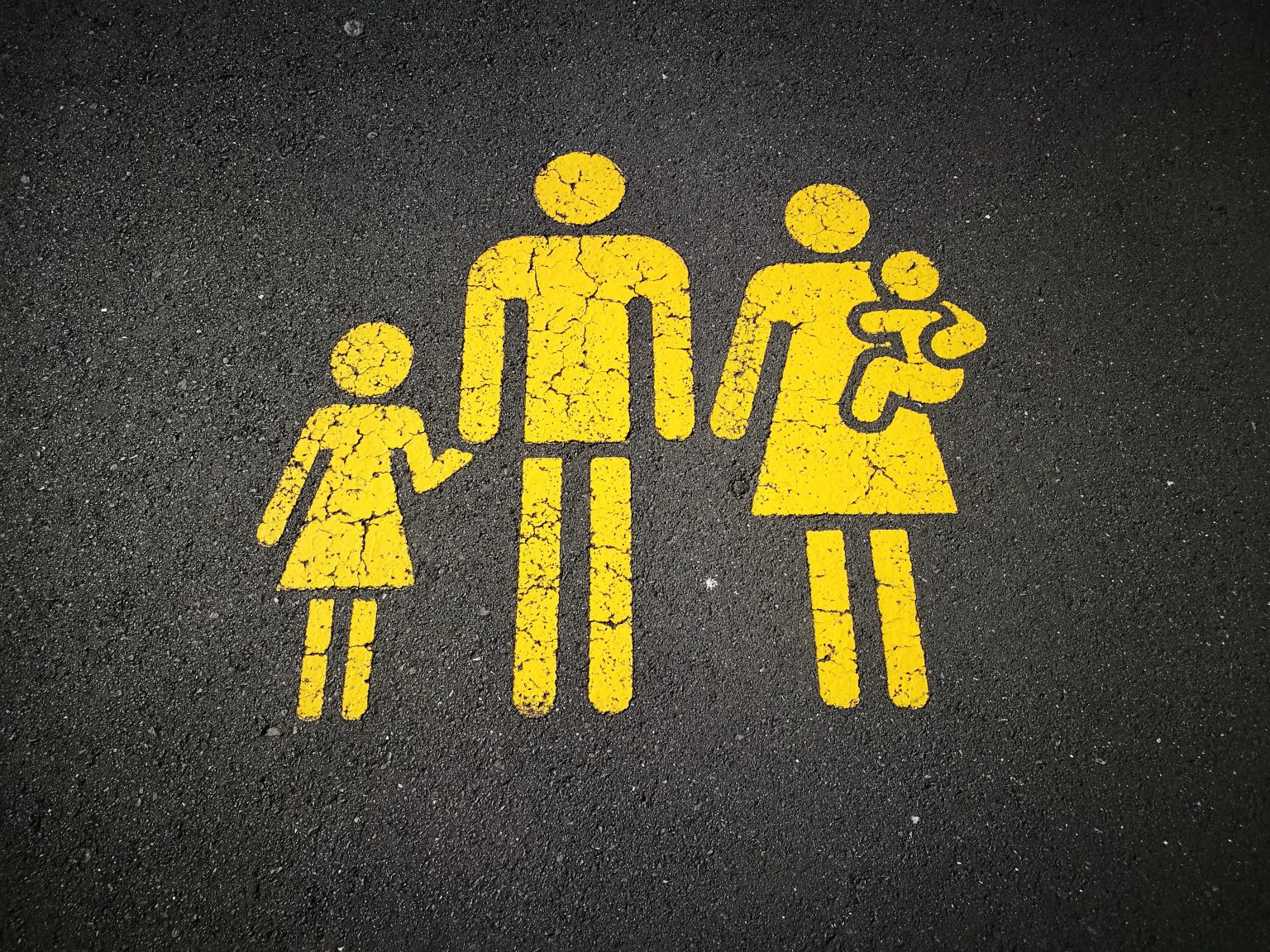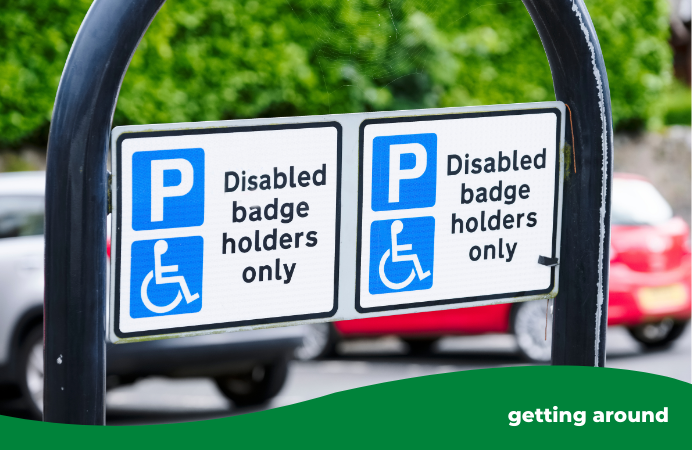If you or anyone you know are looking after a friend or relative’s child for 28 days or more, and the arrangement is made privately, without the knowledge of the council’s children’s services, then it could be private fostering.
“There are many reasons why a child may not live with their immediate family, and in most cases the arrangement will meet the child’s needs.” said Councillor Kamaljit Nagpal, cabinet member for a fairer start. “It is however important to let the council know, if someone is looking after your child. We can offer assistance and support to help the carer, the child, and the child’s family, and make sure we create the best start in life possible for your child.”
What is private fostering?
Here are some key questions to ask, to find out if you or anyone you know are in a private fostering arrangement.
• Is the child under 16 (under 18 if they have a disability)?
• Is the arrangement for 28 days or more?
• Are the child’s parents a distant relative, or friend of the family? Or is it your partner’s child, however you are not legally married or in a civil partnership with them?
If you answered yes to the above questions then you may be private fostering. It is not private fostering if the arrangement was made by the local authority, and a child is looked after by approved foster carers or kinship carers.
Why you should let the council know
The council are asking professionals who are working with children, and young people, friends and relatives to be aware of private fostering arrangements, and to inform the council; so they can support the private foster carer, child and child’s parents.
It is important to consider the true relationship of the person caring for the child. If you or anyone you know are in a private fostering arrangement the council can ensure the private foster carer is not missing out on essential support, and make sure the child’s needs are being met.
Benefits of letting the council know
The main aim is to make sure the arrangement works as well as possible, for the carer, child and the child’s family. Here are some ways the council can help.
For the child: the council will offer the child the chance to talk about their situation and anxieties, with someone who is independent.
For carers: children’s services are aware that it can feel scary to have them involved, however they are there to help and support you in the incredible job you are doing. The council run optional support groups, training and parenting sessions.
For parents: children can miss their parents when living away from home. The council will provide parents with reassurance that their child is getting good care, and make sure they have regular contact with their child.
Here is an excerpt from a parent to Ealing’s lead social worker Memory, on how private fostering helped her: “I would like to express my sincere gratitude for your attentive care and efforts. My daughter continues to engage in frequent discussions with us (her parents) regarding her school life and friendships. She also maintains good communication with her private foster carers. As her parents, we will continue to actively provide assistance and support to the arrangement.”
How to let the council know
If you are reading this article and realise you are in a private fostering arrangement, then it is important not to worry, these situations can be complex and difficult to identify, but by simply contacting the council help and support can be available.
It is important to remember that if the council does not know that someone is in a private fostering arrangement, then it cannot help. And remember it is a legal requirement to let the council know.
To find out more read an interview with a private foster carer here.
You can watch a short video about private fostering and the help available here.
Contact Ealing Council Children’s Services to notify them about the arrangement – call Ealing Children’s Integrated Response Service (ECIRS) on 020 8825 8000





